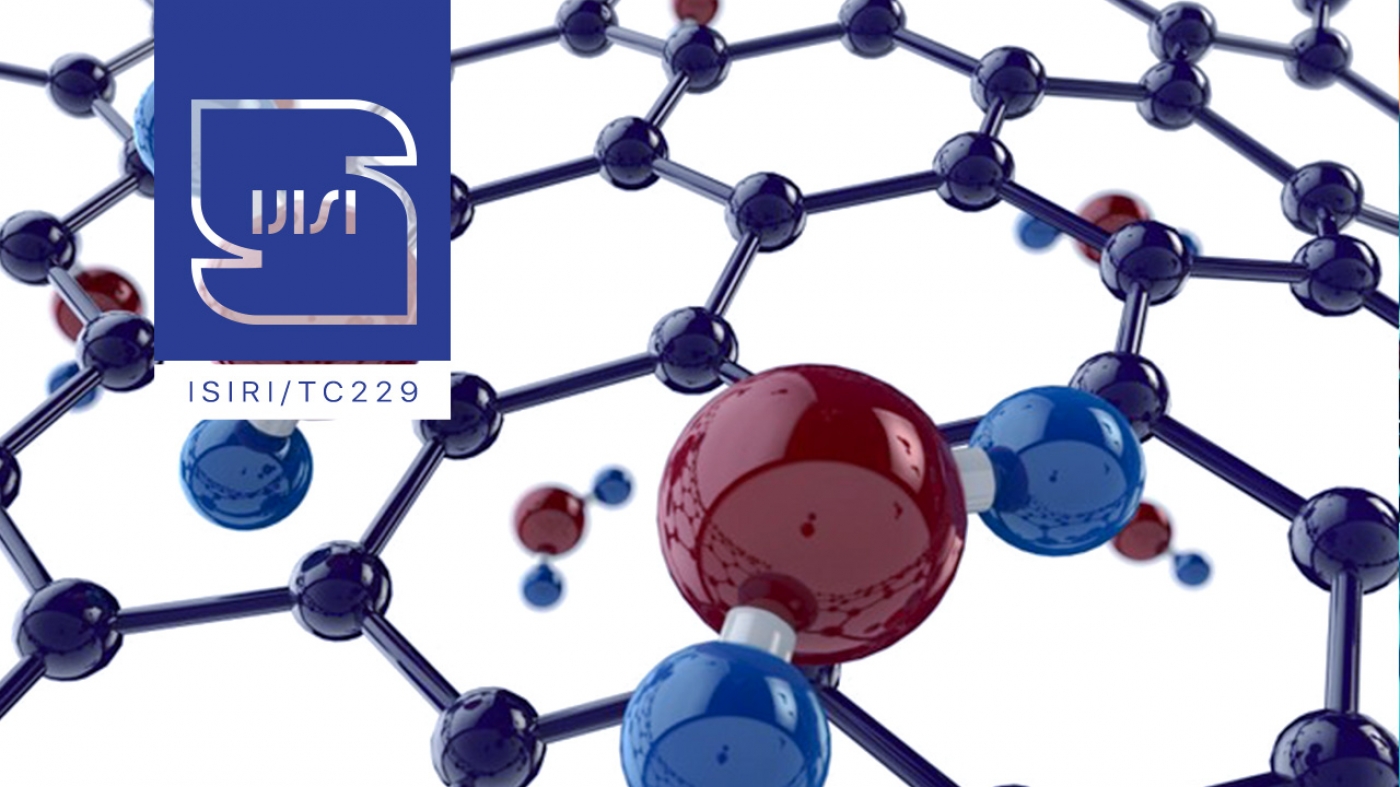The national standard 1-3-20304 titled "Nanotechnology - Nanofabrication - Reliability assessment - Part 1-3: Graphene-based materials - Stability: Temperature and humidity testing" was approved in the meeting of Iran Nanotechnology Committee of National Standard Organization.
National standards are reviewed and compiled with the presence of representatives from universities, standards organizations, technology companies, and active laboratories after holding numerous meetings of the technical commission under the supervision of the standards and safety group of the IRAN Nano and Micro Technologies Innovation Council (INIC). Ms. Naqavi, from the general office of standard in Gilan, led the development process of a new standard, which was recently discussed at the final meeting of the Iran Nanotechnology Committee of the National Standard Organization. The standard was reviewed by a representative of the Standard Organization and approved. It's worth mentioning that the number of national nanotechnology standards has reached 169.
The previous part of this standard titled "Nanotechnology - Reliability assessment - Part 2-1: Nano-enabled photovoltaic devices - Stability test" was approved and published in 2019. Additionally, 9 other national standards in the graphene field have been ratified in previous years. Below is a brief description of this standard.
Graphene, a single layer of carbon atoms forming a honeycomb structure, is poised to revolutionize future nanotechnology with its remarkable conductivity, transparency, and flexibility. Across research institutions and industrial sectors, efforts are underway to harness its capabilities, whether in the form of graphene films on substrates, as powders, or dispersed graphene in liquids, for diverse applications. Yet, the absence of a standardized testing system for assessing key control characteristics hinders progress in graphene's physical and chemical modifications, stalling development and impeding commercial success for companies.




